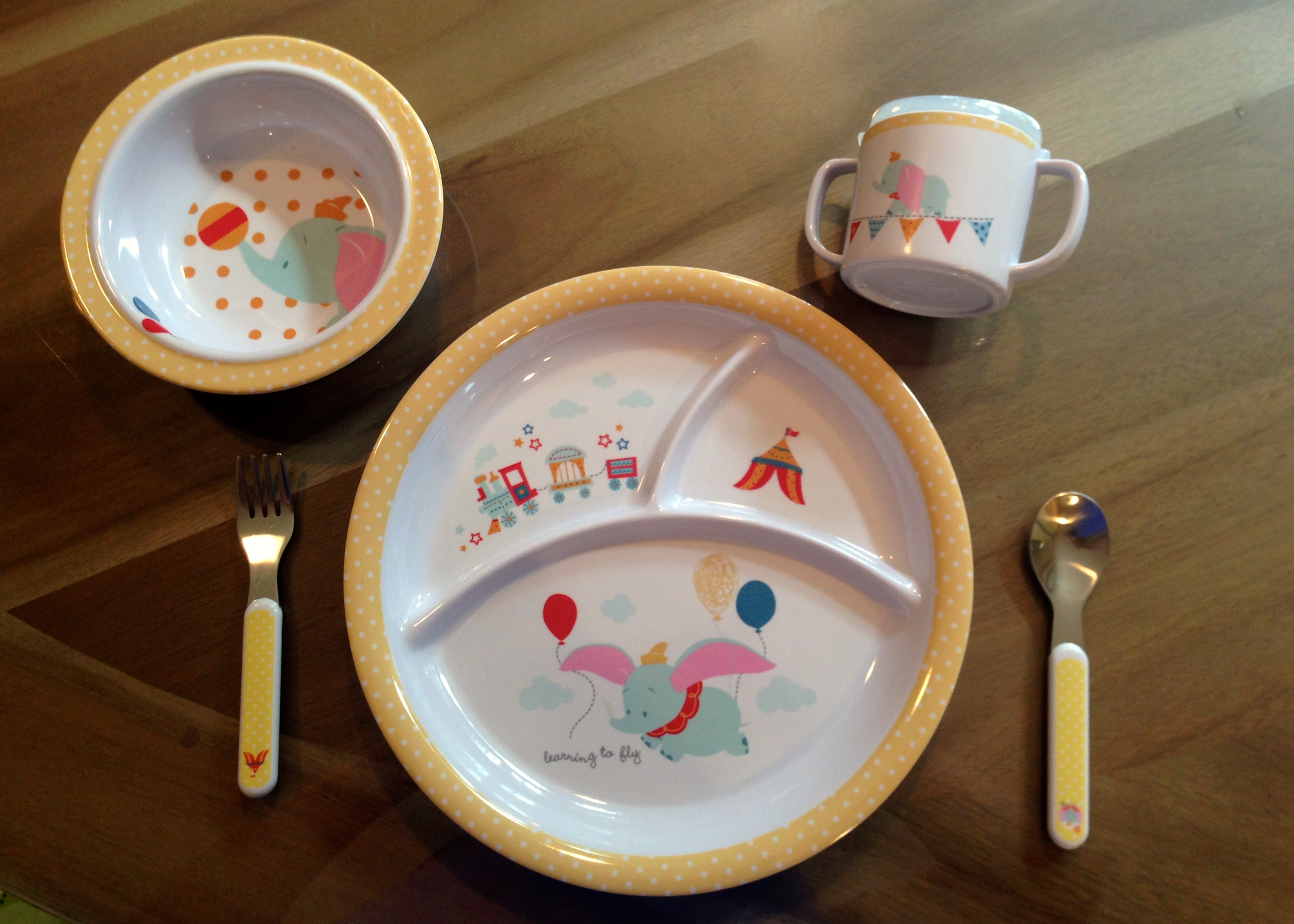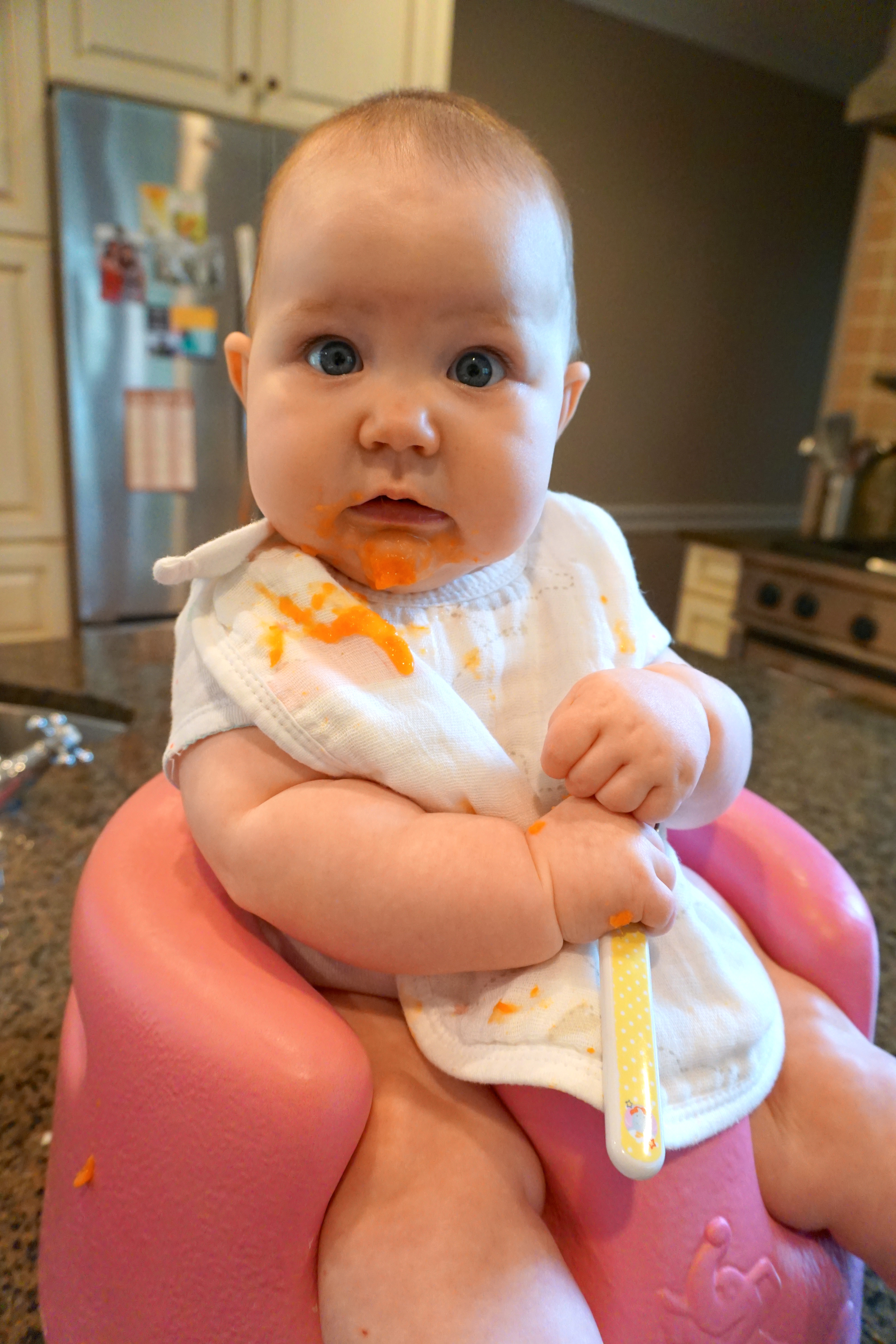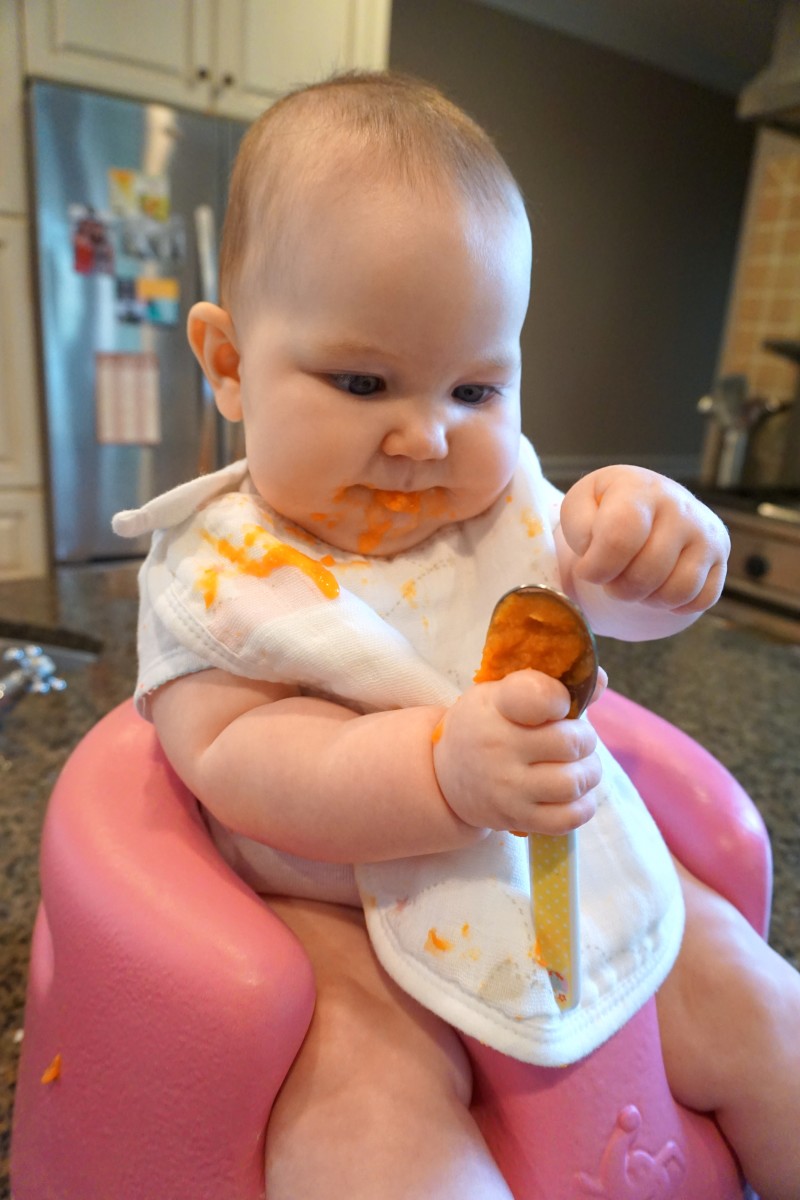If you have ever had a baby, you probably received a pamphlet or read books about how and when to start feeding your baby solid food. In my experience, most pediatricians and nutritionists recommend starting your baby on iron-fortified rice cereal between 4 and 6 months of age. The reason for this suggestion is that a) rice is the food that is least likely to cause an allergic reaction, b) rice is fairly easy for immature organs to digest, and c) babies only have enough iron stored up from being in utero to last them 6 months, and they do not get enough from breast milk.
The problem with rice cereal is that there is increasing evidence of high levels of arsenic, a known carcinogen, in America’s rice supply. According to the Environmental Working Group, there is no easy way to determine how much arsenic you can tolerate in your diet. Because toxins accumulate in your liver over time, all of the arsenic in your diet adds to your future cancer risk. The key is to vary your diet and limit your rice intake as much as possible, but why give it to infants at all?
This leads me to the next food I don’t give to Abby: liver. I’ve been hearing a lot of talk about how good it is to feed babies liver because it’s a great source of iron and vitamins. Yes, the liver is the organ that stores most of the body’s vitamins, but it is also the body’s filter. This means that it contains any toxins that have been ingested that aren’t stored in the body’s fat cells. You could argue that you buy your liver, whether it is beef or chicken, from a reputable source (organic, local, grass-fed, whatever), but that doesn’t mean the livestock has been kept from ingesting all toxins. For example, do you know what is in the soil or has been sprayed on the grass that the cows ate? Do you know what is in the animals’ water supply? Probably not. So please don’t feed your baby liver.
Another common food I don’t feed Abby is animal protein. No meat, dairy, eggs — nothing from an animal. There are many reasons for this decision (toxins, cholesterol, saturated fat, casein, etc.), but the very basic explanation is that her digestive system is immature and animal proteins are complex and difficult to break down. Before a protein molecule can be absorbed into the bloodstream via the small intestine, it must first go through a series of digestive processes, starting in the stomach.
Think of a protein as a wadded up pearl necklace. Ideally, your small intestine would absorb one pearl (amino acid) at a time, but sometimes the protein is not properly broken down by the time it reaches the villi of the small intestine, and whole segments of the protein enter the bloodstream. This can be problematic because some bodies treat these segments (peptides) as foreign substances and respond with immune reactions (much like the body might reject an organ transplant). All of this is to say that animal proteins are too complicated for a baby’s digestive system, and it’s better to wait until they are at least 2 years old before introducing them into your child’s diet.
So what are good “first foods” for a baby?
For the first 1-2 years of your baby’s life, most of her nutrition should come from breast milk (or formula, if you absolutely cannot breastfeed). The purpose of feeding babies solids is more to get them used to eating and trying new things than to provide sustenance. It is best not to introduce solids until your baby is 6 months old so her digestive system has time to develop. Then, when you start her on solids, introduce one new food every two days so you can identify causes of allergic reactions if they should occur.
For the first year of your baby’s life, avoid the foods that are the most likely to cause allergic reactions: wheat, dairy, soy, and nuts. Also avoid honey (source of botulism), salt, oil, and sugar.
A good food to start with is mashed up banana. Then try mixing avocado with banana. Other good foods to start with are pureed sweet potatoes, squash, carrots, peas, pear, apple, mango, or apricot. Start slowly and be sure your baby receives enough liquids and high-fiber foods. Constipation is common among babies starting on solids.
Some babies don’t like solid foods at first, and that’s okay! They’ll eventually come around. Just let them try several different foods, and have fun with it!





Leave a Reply